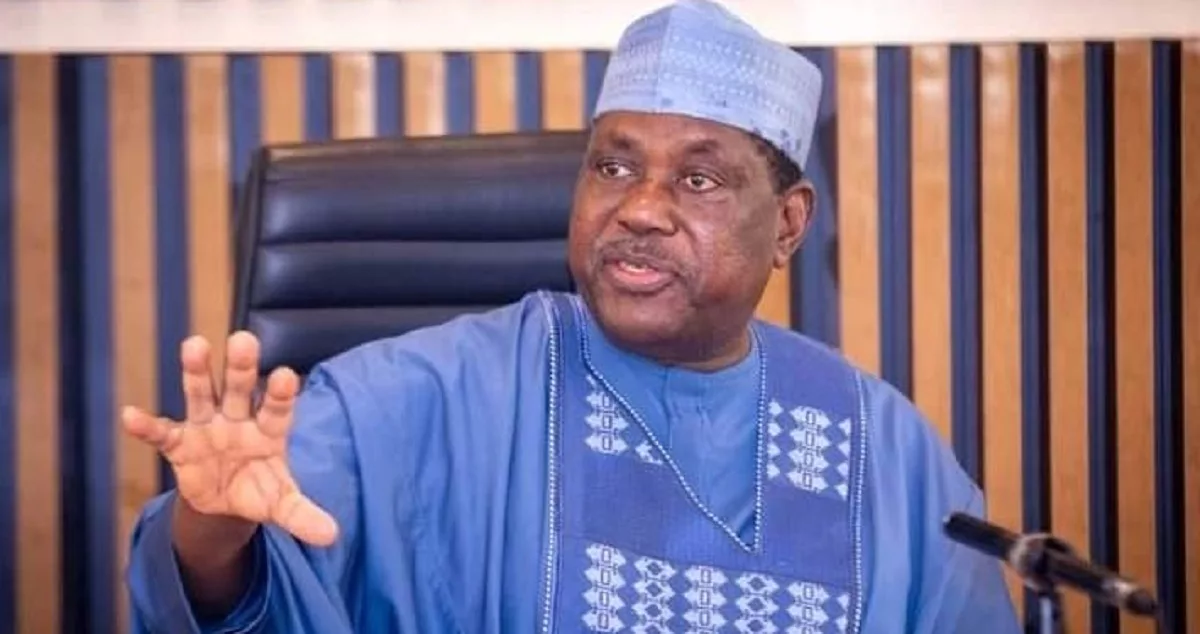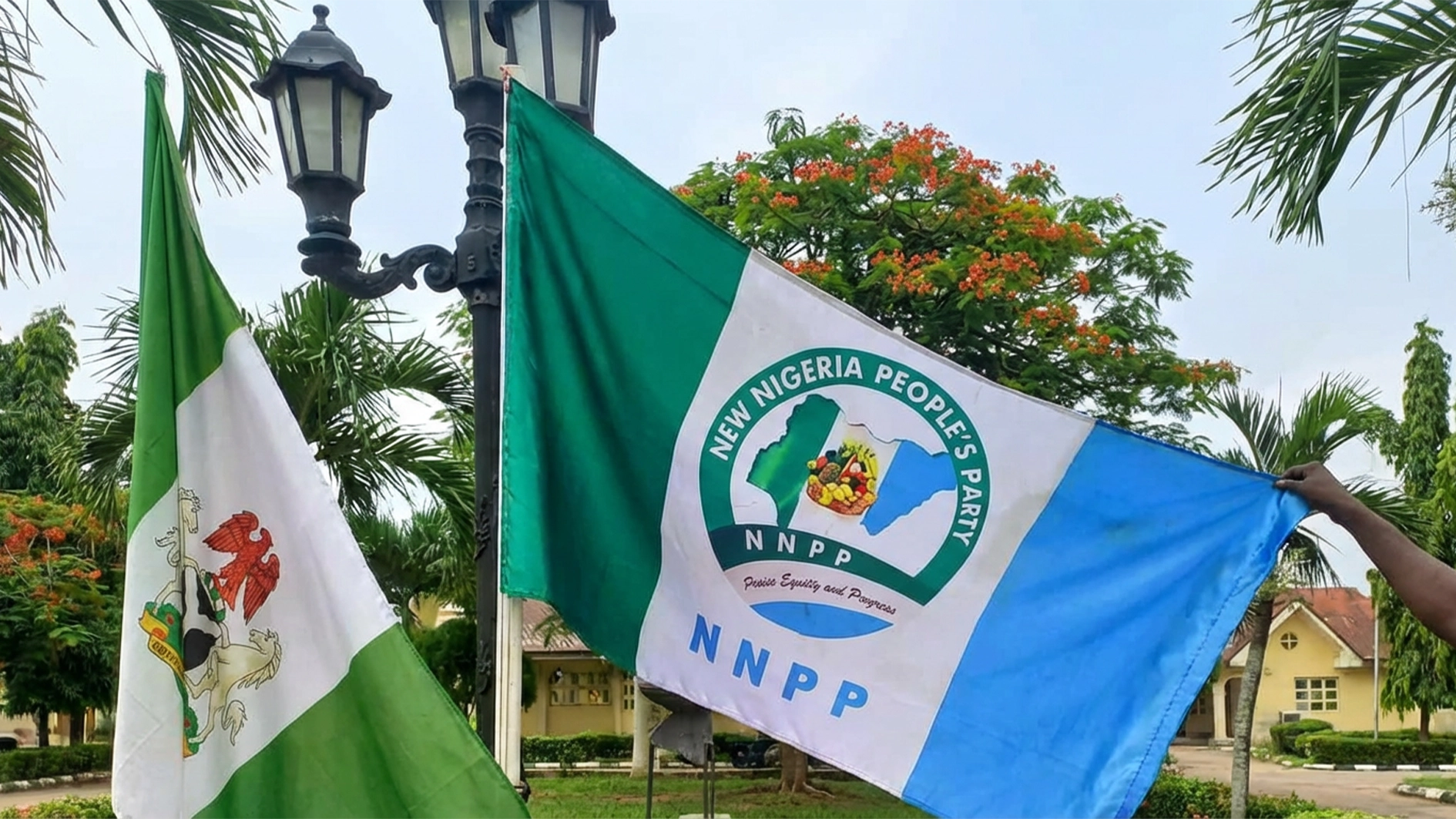
Serving and retired Nigerian diplomats, under the aegis of the Association of Foreign Relations Professionals of Nigeria (AFRPN), have warned that if Nigeria and the rest of Africa must be liberated economically, its power sector must be prioritised.
It also said that to avert neocolonialism, a Public, Private Partnership (PPP) approach must be adopted towards economic emancipation. Speaking, yesterday, in Abuja through its leadership, the body said its seventh yearly lectures, scheduled for Thursday, would explore the theme of Economic Liberation Through PPP: A Catalyst Against Neocolonialism in Africa.
Describing electricity as crucial to driving industries, the body expressed worries that the Nigerian industrial sector was on the verge of collapse due to shutting down of several industries over power instability.
It held that it had become imperative now, more than ever before, for the country to focus attention on the power sector so that its citizens could seamlessly engage in agro and other industrial activities capable of boosting the economy. He said: “Small and medium enterprises ought to be encouraged within the context of policy, fiscal arrangements and the provision of incentives such as the ease of doing business.
“China is a socialist country, but today, President Xi Jinping is meeting with private sector operators in China. Currently, the country has about 55 million registered private sector operators.
“Dangote refinery is already changing the dynamics in the oil and gas industry in Nigeria. So, it is very significant that the government pays attention to PPP towards encouraging the expansion in West Africa and the rest of Africa to enable them to compete favourably with other countries of the world.”
The group wondered what successive governments had done to encourage small and medium-scale enterprises to become resilient enough to drive the economy.The President of the association, Ambassador Gani A. Lawal, while addressing the media, stated that the body aimed to make Nigeria and Africa, a great player and respected voice within the international arena.
Stressing that foreign policy was an extension of internal policy, dictated by the notions of the external environment, Lawal added that impactful foreign policy could not be conducted in an atmosphere of poor internal political and economic dynamics.
“While acknowledging that democratic governance offers the best approach to populist foreign policy goals, nurturing democracy, however, requires the creation of a robust and elaborate educationally informed population that will act as the vanguard of democracy.
“For Nigeria to continue to maintain a leadership position, it must increase its weight of military-industrial capability, economic prosperity at home, and the readiness to assist its neighbours and lesser third world democracies. It must also invest abundantly in regional integration and cooperation, silencing the guns, support for less developed neighbours and conflict resolution through dialogue,” Lawal said.






